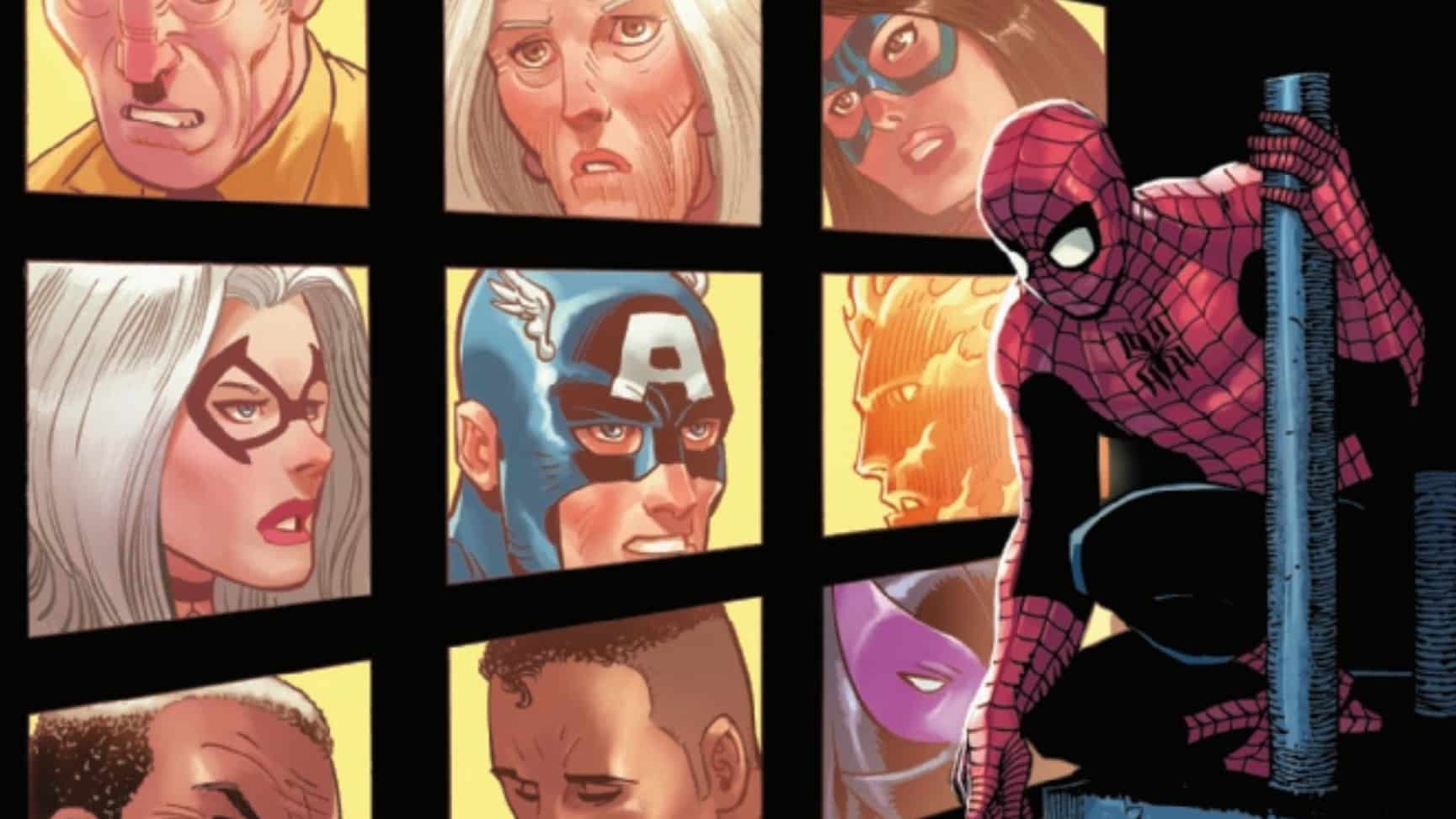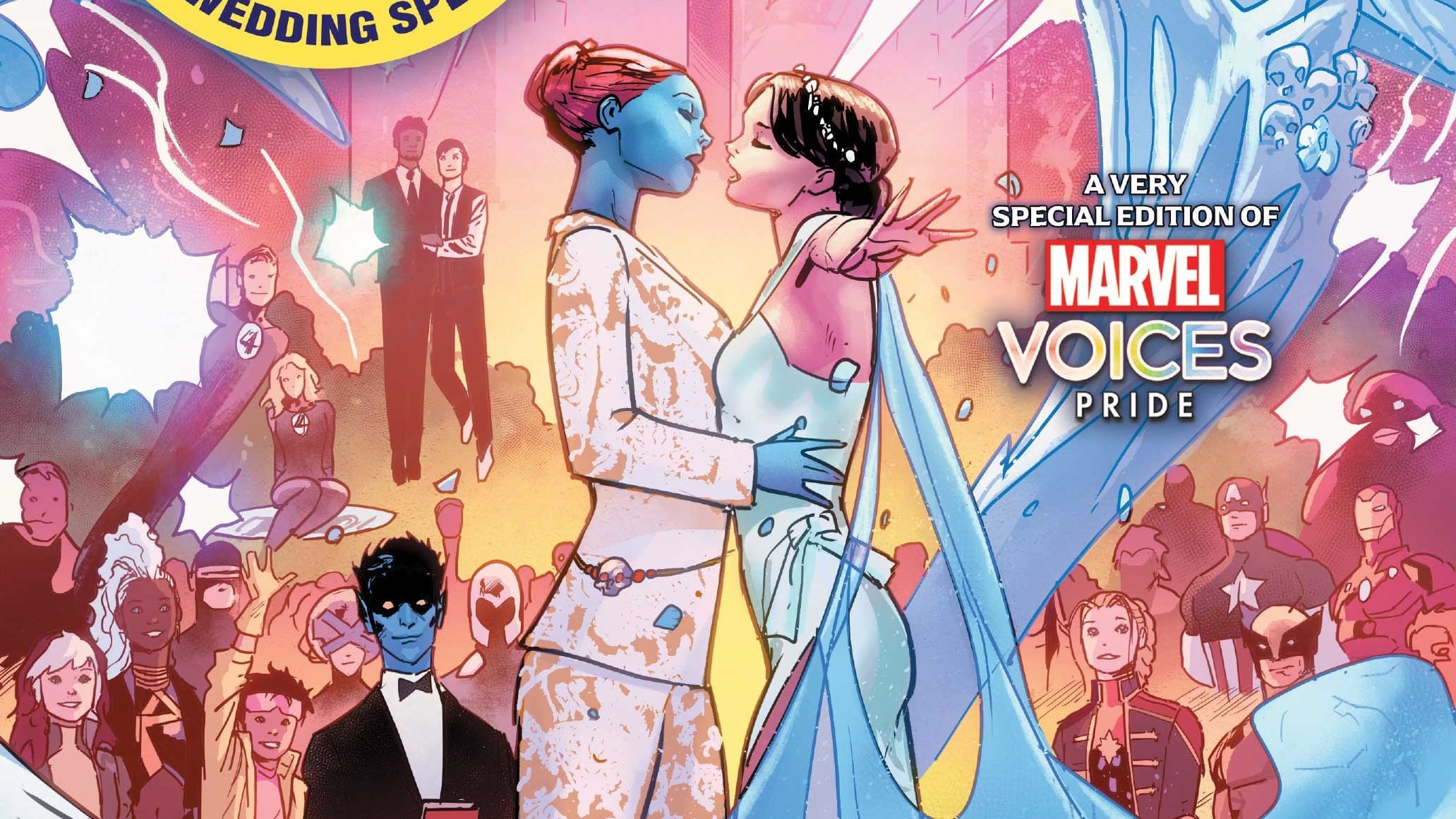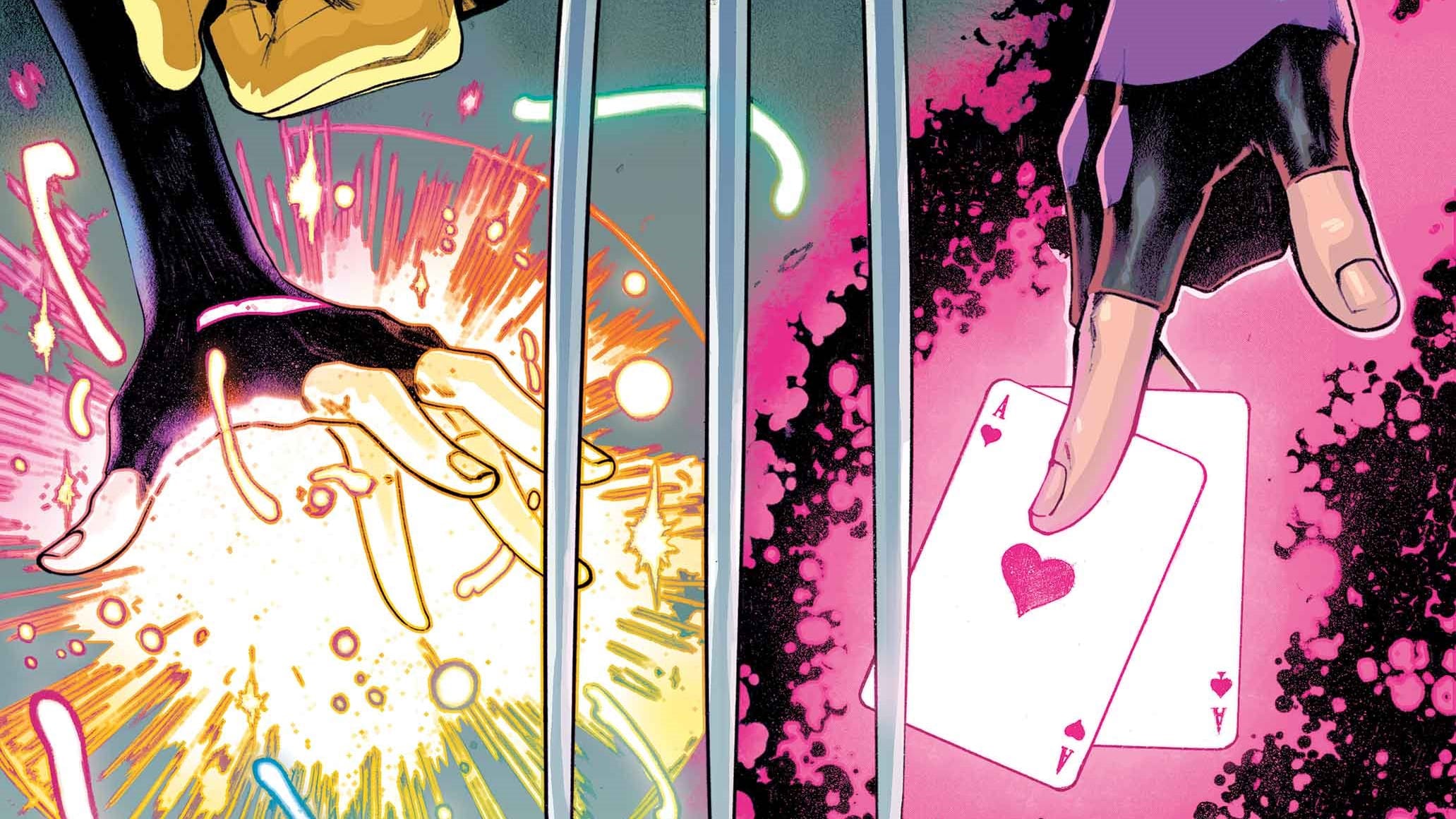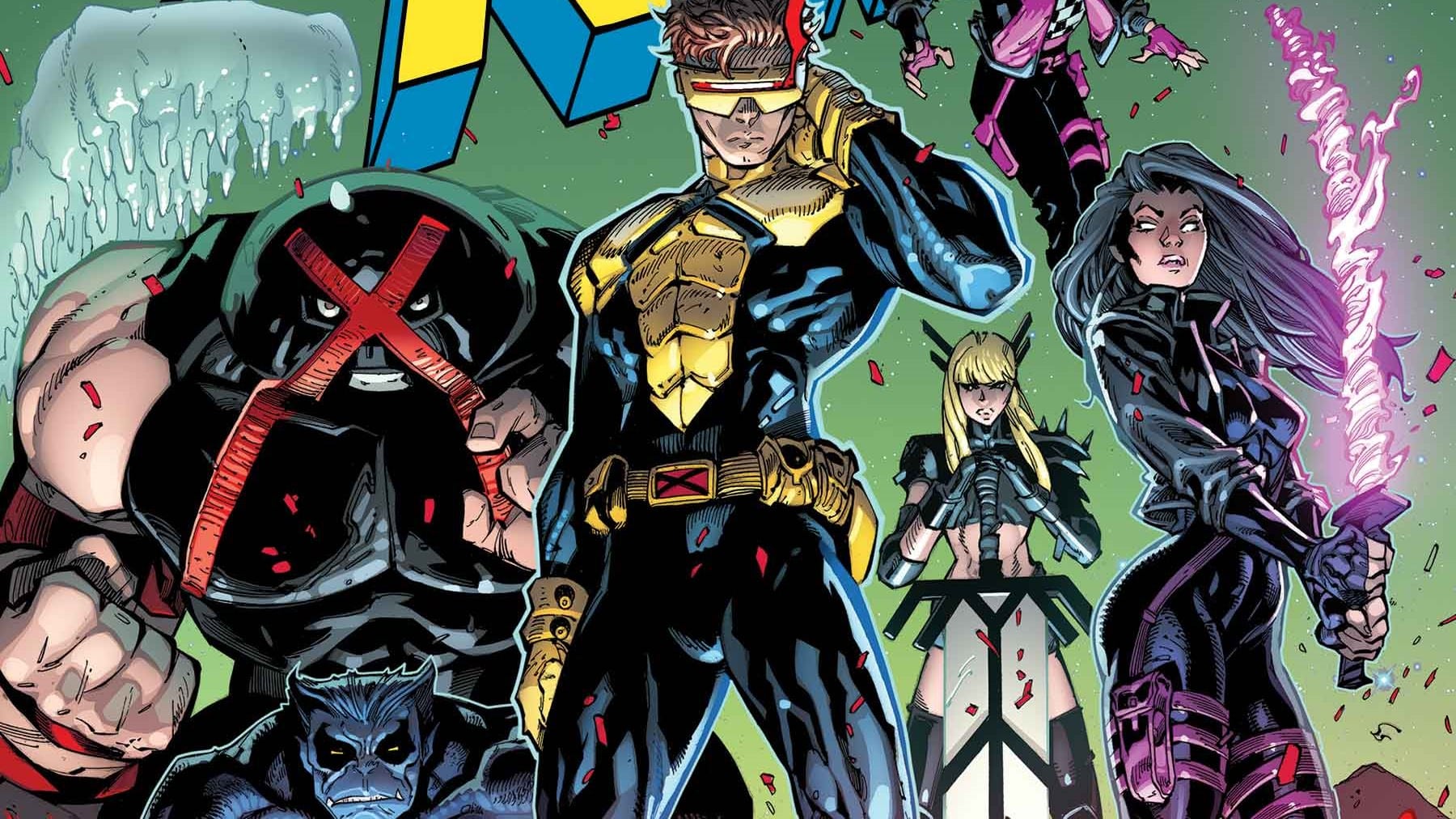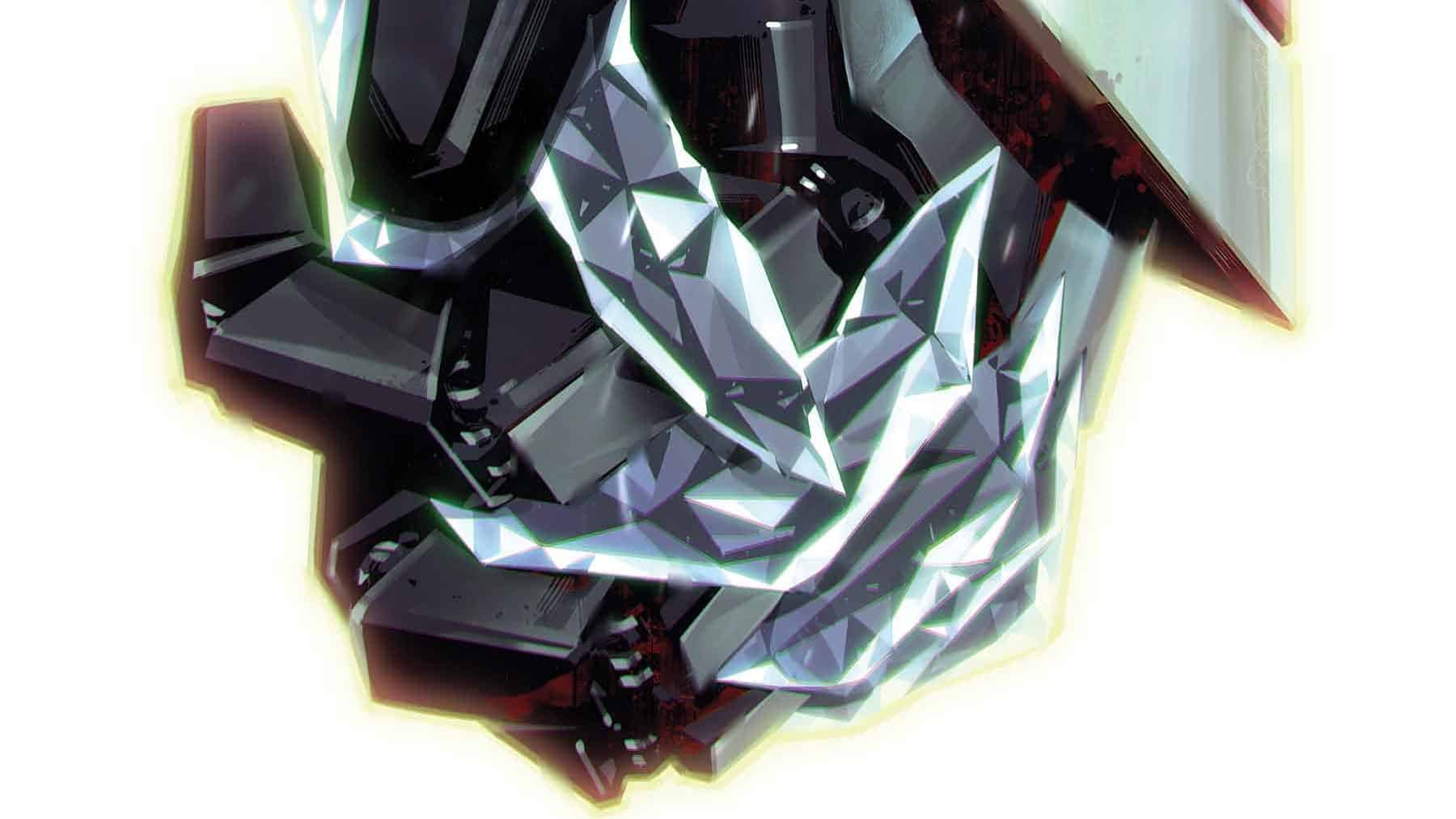Note: This story has been updated to include a clarification from Marvel.
Comics fans often wonder how heavy a hand Marvel Studios has in Marvel Comics. Why did the Samuel L. Jackson-inspired version of Nick Fury replace the John Wayne-inspired version? How did Star-Lord become this music-obsessed space himbo? Why is Loki so morally gray and sexy?
Why was Kamala Khan killed?
Because, according to one Marvel writer, Kevin Feige ordered it.

The story came on the most recent episode of the Amazing Spider-Talk podcast, an interview between host Dan Gvozden and writer Cody Ziglar. Ostensibly there to promote Miles Morales: Spider-Man and Spider-Punk: Arms Race, Ziglar gets into his career on both sides of the fence, writing for the She-Hulk TV show and how that got him gigs co-writing the Beyond era of Amazing Spider-Man and eventually Miles and Hobie.
A lot of that involved working closely with Zeb Wells, the current writer of Amazing Spider-Man and the writer of the issue where Ms. Marvel dies. As Ziglar tells it, the request to kill Kamala and resurrect her as a mutant came from Feige, the president of Marvel Studios.
“It was funny watching when the whole Kamala stuff was going down,” Ziglar says in the interview. “He (Wells) had told me months before the plan, which was, Feige was like, ‘Hey, I don’t do this very often but, can you please do this to make things in line with Marvel because we have some stuff we want to do with Kamala,’ so he (Wells) was like, ‘F***, I’m the guy that drew the short straw? People are going to be very mad that I have to kill Ms. Marvel.”
In a statement Tuesday afternoon, Marvel said Ziglar’s version of events was inaccurate, describing Ms. Marvel’s death as “a collective Marvel editorial decision that the team had been working on for a while for her development in the core comics.”
Fans may recall at the end of the Ms. Marvel Disney+ series, Kamala’s friend Bruno mentions noticing “a mutation” in her DNA, triggering a sting of the 1990s X-Men animated series in the style of Ms. Marvel’s score. This was followed in The Marvels by Monica Rambeau getting sucked into a parallel universe where she was tended to by Kelsey Grammer’s Beast from the Fox X-Men franchise. So “some stuff” would appear to be translatable as “mutant stuff.”
In May 2023’s Amazing Spider-Man #26 by Wells and John Romita Jr., Ms. Marvel, disguised as Mary Jane, sacrifices herself to stop Rabin the Emissary. News of her death carries over to X-Men, where Cyclops is upset about the death of his former Champions teammate. So he has Kamala resurrected on Krakoa, at which point it is revealed she has both mutant and Inhuman DNA, adding another layer to a character who already was a nexus point of intersectionality. She then goes on to join the X-Men and star in two miniseries co-written by Iman Vellani, the actress who plays her in TV and movies, and Sabir Pirzada, who wrote on the Ms. Marvel and Moon Knight TV shows.
But fans didn’t know all that when Kamala died.

Ziglar goes on to say in the interview, “I felt bad for him (Wells) because people didn’t know that — she’s gonna quote-unquote ‘die’; it’s comic books, she comes back, of course — but you don’t realize that when she dies and comes back, the Ms. Marvel is gonna be writing her, so I remember when he told me that, I was like, ‘That’s so cool, people are gonna lose their minds. Well, they’re gonna lose their minds because she’s died, but also I think people are really gonna be excited because for the first time an MCU actor is gonna be actively participating in creating the lore of the character in comic books proper.”
Jokingly, Ziglar recalls, “I was like, ‘Yeah, it sucks for you; I’m glad I don’t have to do that,’ but it was funny watching him get savaged online knowing that he’s the guy who had to answer the call of Daddy Feige to make this sacrificial play.”
Again, Marvel denies this version of events.
While president of Marvel Studios, Feige also is chief creative officer of Marvel Entertainment, giving him a direct line to the comics side of the business. Generally, Marvel Comics brass have said Feige is largely hands off with the comics, such as when Marvel Senior Editor Jordan D. White told AiPT in 2022: “They always tell us, ‘We’re not looking for you to change what you’re doing to fit with what we’re doing. We want you to stay 5-10 years ahead of us because we want you to be doing fun and interesting stuff that we can do down the line.’”
Asked for his thoughts on Ziglar’s story, Gvozden said, “I think we all thought that this death was done for brand synergy with the new The Marvels film and that with Krakoa about to fall apart, the timing on when to resurrect Ms. Marvel was closing. What surprised me, though, was that Feige had such a large hand to play over the comics, especially after the prevailing thought was that he was letting the comics basically do their own thing. As a Spider-Man podcaster, what upset me the most about how it was handled was that it disrupted a major Spider-Man story’s ending, shifting the focus away from successfully concluding a yearlong, major story just for brand synergy.”
Amazing #26 was not received well. Reviewing the issue for ComicsXF, Armaan Babu wrote: “As a bizarre celebration of the anniversary of ‘The Night Gwen Stacy Died,’ Spider-Man #26 doesn’t just fridge a woman in Spider-Man’s life, but a teenage, Pakistani Muslim, right during Asian American and Pacific Islander Heritage Month. I’m not going to say exactly that I was hoping they would do this story well; it shouldn’t have happened in the first place.”
The internet was not kind to Wells after Amazing #26. Then again, it wasn’t kind to him when Marvel announced the upcoming Spider-Goblin story in Amazing, either.

As Ziglar said, at the time, we didn’t know Kamala was going to be resurrected two months later in the Hellfire Gala one-shot. We didn’t know Vellani and Pirzada were going to shepherd the character through two miniseries that reestablish the character’s place in the Marvel Universe. We didn’t know how important she was going to be to the X-Men going forward. What we did know was that Marvel’s most visible Muslim superhero had been offed in another hero’s book, seemingly to further his story.
The Ziglar interview touches on plenty of other topics, such as the writer’s room atmosphere of the Beyond era of Amazing, dealing with Spider-Man’s tangled web of continuity, the different versions of Miles across media and how and whether they influence each other, the reaction to the Miles Morales Thor issue, the motivations behind Miles villain Rabble, Ziglar’s punk rock past, not being allowed to have the police use the Punisher logo in Spider-Punk, and more. Listen here.
Dan Grote is the editor-in-chief of ComicsXF, having won the site by ritual combat. By day, he’s a newspaper editor, and by night, he’s … also an editor. He co-hosts WMQ&A: The ComicsXF Interview Podcast with Matt Lazorwitz. He lives in New Jersey with his wife, two kids and two miniature dachshunds, and his third, fictional son, Peter Winston Wisdom.

